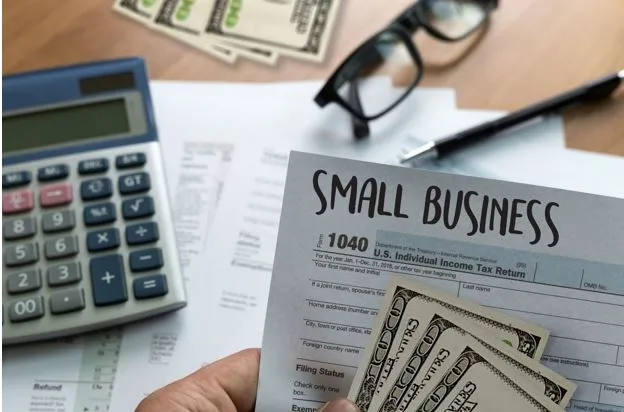How to Assert Your Rights After Being Arrested (Without Making Things Worse)
Being arrested is one of the most stressful and intimidating experiences anyone can face. In that moment, emotions run high, and it’s easy to say or do something that could complicate your situation. Although you can’t always control whether an arrest takes place, you do have control over how you respond. The key is to assert your rights calmly, clearly, and without escalating the situation.
How do you do it?
Understanding the Rights You Have
The Constitution guarantees specific protections to anyone facing arrest. You have the right to remain silent, meaning you don’t have to answer police questions about what you were doing, where you were going, or whether you’ve committed a crime. You also have the right to an attorney. If you can’t afford one, the court will appoint one for you. There’s also protection against unlawful searches and seizures; police generally need probable cause, a warrant, or clear exceptions to search your property.
If you believe any of your rights are being violated, it’s important to state your objection clearly but avoid resisting physically. Courts can review these issues later, but resisting on the spot could lead to additional charges.
Staying Calm and Respectful
One of the most effective ways to protect yourself after an arrest is to stay calm. Anger or defiance can escalate tensions, potentially leading to unnecessary confrontations. Speak clearly and respectfully, even if you feel the arrest is unjust. Simple statements like “I wish to remain silent” or “I would like to speak to my attorney” assert your rights without inflaming the situation.
Remaining calm also helps you think clearly. When you keep your emotions in check, you’re better able to remember details later; these are details that may prove important in your defense.
Exercising the Right to Silence
Talking to police without an attorney present is one of the most common mistakes people make. Even if you believe you’re innocent, your statements can be misinterpreted, taken out of context, or used to build a case against you. Once you state that you are invoking your right to remain silent, stop answering questions.
This doesn’t mean you should ignore every instruction. For example, provide basic identifying information like your name if required, but draw the line at answering substantive questions about the alleged offense. Waiting for your lawyer ensures that anything said moving forward is done with legal guidance.
Requesting an Attorney
Another critical step is clearly asking for an attorney; don’t assume that your rights will automatically be respected without you stating this. Say directly, “I want to speak with an attorney.” Once you’ve made the request, police should not continue questioning you. If they do, your lawyer can later challenge the admissibility of any statements you made after the request.
Requesting counsel early is not an admission of guilt; it’s a smart way to protect yourself, regardless of your guilt or innocence. A lawyer can guide you through questioning, bail hearings, and the legal process that follows, ensuring your rights are respected at every stage.
Avoiding Actions That Can Make Things Worse
It’s natural to feel defensive during an arrest, but certain actions can create bigger problems. Resisting physically, even if you feel your rights are being violated, can result in charges like resisting arrest or assaulting an officer. Arguing aggressively, refusing lawful commands, or attempting to flee also puts you at greater risk. The better strategy is to comply with the physical process of the arrest while verbally asserting your rights. You can contest the legality of the arrest later in court, where your attorney can present a defense based on evidence and law.
Documenting What Happened
Once you’re in a safe position, such as after release on bail, write down everything you remember about the arrest. Note the time, place, officers involved, and anything said or done. This documentation can help your attorney identify potential rights violations or weaknesses in the prosecution’s case. If witnesses were present, try to obtain their contact information as well. The more information you preserve, the stronger your defense strategy may be.
Why Legal Representation Matters
Defendants sometimes believe they can handle their case alone, particularly if they feel innocent. But criminal law is complex, the stakes are high, and a defense attorney does more than argue in court. They can review how evidence was obtained, file motions to suppress illegal searches, negotiate with prosecutors, and guide you through the process. Having a lawyer ensures you’re not taken advantage of and that your rights are actively protected.
Asserting Your Rights
Being arrested doesn’t mean your case is over, and it doesn’t mean you’ve lost your rights. By staying calm, asserting your right to remain silent, requesting an attorney, and avoiding actions that escalate the situation, you protect yourself from making things worse.



